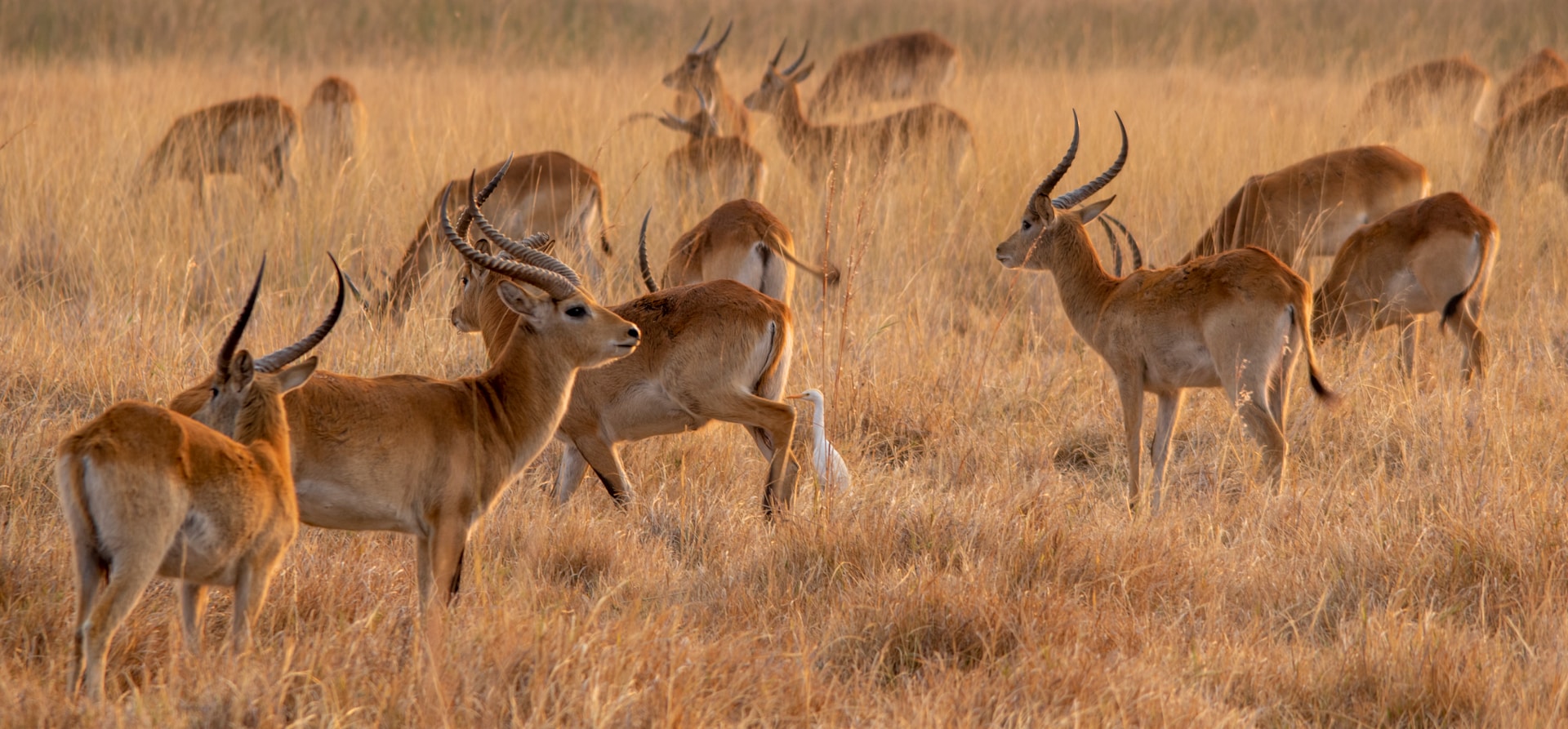 Photo by Duncan McNab on Unsplash
Photo by Duncan McNab on Unsplash
How the freshly selected regional centres will bolster the implementation of the KMGBF
At the fourth meeting of the Subsidiary Body on Implementation (SBI 4) of the Convention on Biological Diversity (CBD), the Parties selected 18 regional organizations spanning the globe in a multilateral push to bolster the implementation of the Kunming-Montreal Global Biodiversity Framework (KMGBF) through science, technology and innovation:
- Africa: The Central African Forest Commission (COMIFAC), the Ecological Monitoring Center (CSE), the Regional Centre for Mapping of Resources for Development (RCMRD), the Sahara and Sahel Observatory (OSS), and the South African National Biodiversity Institute (SANBI).
- Americas: The Alexander von Humboldt Biological Resources Research Institute, the Secretariat of the Caribbean Community (CARICOM), and the Central American Commission on Environment and Development (CCAD).
- Asia: ASEAN Centre for Biodiversity (ACB); IUCN Asia Regional Office; IUCN Regional Office for West Asia (ROWA); Nanjing Institute of Environmental Sciences (NIES); Regional Environmental Centre for Central Asia (CAREC).
- Europe: European Commission - Joint Research Centre of the European Commission (JRC); IUCN Centre for Mediterranean Cooperation; IUCN Regional Office for Eastern Europe and Central Asia (ECARO); Royal Belgian Institute for Natural Sciences (RBINS).
- Oceania: The Secretariat of the Pacific Regional Environment Programme (SPREP).
Here are five facts about the selection of these centres and the way they will bring the Parties to the CBD closer to halting and reversing biodiversity loss by 2030:
1. Nested in existing institutions for efficiency and rapid deployment
The selected centres are hosted by existing institutions that have responded to the CBD Secretariat’s call for expression of interest. The applications received translate a global commitment to implementing the KMGBF. This global network of centres forms part of the technical and scientific cooperation mechanism under the CBD. They will contribute to filling gaps in international cooperation and catering to the needs of countries in the regions that they cover.
2. One-stop-shop for scientific, technical and technological support
The mandate of the centres is to catalyse technical and scientific cooperation among the Parties to the Convention in the geographical regions they cover. The support they offer may include the sharing of scientific knowledge, data, expertise, resources, technologies, including indigenous and traditional technologies, and technical know-how with relevance to the national implementation of the 23 targets of the KMGBF. Other forms of capacity building and development may also be provided.
3. Complementarity with existing initiatives
The expected contributions of the centres will constitute a surge of capacity, complementing small-scale initiatives for technical and scientific cooperation among its Parties through programmes such as the Bio-Bridge Initiative. The newly selected centres will expand, scale-up and accelerate efforts in support of the implementation of the KMGBF.
4. Delivering field support tailored to regional specificities
Countries around the world face well recognized challenges in aligning with universally agreed targets while considering biophysical specificities and national circumstances. The regional centres will provide regionally appropriate solutions.
5. Building on and amplifying existing cooperation
Many examples around the world demonstrate the benefits of transboundary cooperation. In South Africa, the “Black Mambas” Anti-Poaching Unit has benefited from Dutch expertise in fitting rhinoceros with subcutaneous sensors and horn transmitters to track their movements across the Greater Kruger National Park.
On the other side of the Atlantic Ocean, non-governmental organization Corales de Paz (Colombia) shared their “Caribbean Reef Check” methodology and “Reef Repair Diver “programs with Ecuador-based CONMAR. Participants in CONMAR-organized training camps could thus benefit from expertise in coral reef monitoring and coral gardening.
The newly selected centres will seek to expand this constellation of bright spots of cooperation for nature and for people.